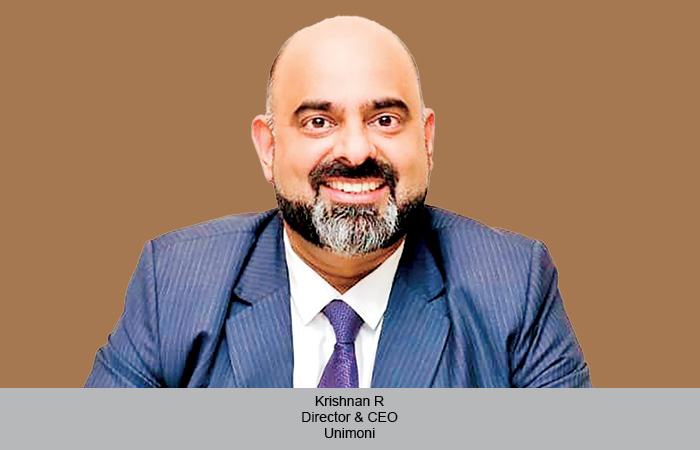‘Sustainability will play an even bigger role in a post-COVID-19 world, and Etihad Airways remains at the forefront to pioneer new and effective ways of mitigating aviation’s environmental impact to reduce carbon emissions and create cleaner and more sustainable transportation,’ says Adrian Gane, Director Sustainability & Industry Affairs, Etihad Airways.
The sustainability strategy of Etihad Aviation Group is aligned to the 17 Sustainable Development Goals of the United Nations. While commercial aviation still only represents around two per cent of global human-made CO2 emissions, the airlines and infrastructure that support them and can adapt to meet the needs of a sustainable, carbon-neutral operation are those that will survive and lead the future of flying. To ensure this brighter future, airlines, airports, suppliers, aviation regulators, airspace navigation service providers and governments all need to come together to create a long-term solution for the benefit of the planet. For us, sustainability remains a priority and we are committed to being ‘Greener Together’.Some of our initiatives on this forefront include:
Zero net carbon emissions by 2050
Etihad has committed to a minimum target of zero net carbon emissions by 2050 and halving of our 2019 net emission levels by 2035. These ambitious environmental targets will be achieved through a mix of optimised fuel management, internal initiatives, collaboration with industry partners and adoption of a comprehensive programme of relevant carbon offsets, to be developed with specific focus on the requirements of the UAE and markets served by the airline.
Sustainability-focused partnership with Boeing
In November last year, Etihad and Boeing signed a ground-breaking global strategic partnership, centred on the Boeing 787 ‘Greenliner’ to test cutting-edge technologies and explore ‘blue sky’ opportunities to improve airspace efficiency, reduce fuel burn, and cut CO2 emissions and noise pollution. We have been sharing knowledge, experience and resources to continuously improve the Boeing 787 Dreamliner, and reduce aircraft carbon emissions, a major challenge across many industries today.
Support for the ecoDemonstrator programme
In August 2020, Etihad and Boeing worked together on the seventh iteration of the ecoDemonstrator programme to test innovative technologies in the air, building on the core innovation and sustainability tenets. This year’s programme evaluated four projects to reduce emissions and noise and enhance the safety and health of passengers and crew. This is Etihad delivering on its commitment for its Boeing 787 Dreamliner to be a testbed to accelerate technology development making aviation safer and more sustainable now and into the future.
Sustainable biofuel
Exploring the use of sustainable aviation fuel (SAF) has been at the core of Etihad’s business for the last decade with the airline a key partner of Abu Dhabi’s Sustainable Bioenergy Research Consortium, along with Boeing, and the Abu Dhabi National Oil Company. In fact, Etihad’s first flight using plant-based fuel was back in 2012, while in 2020 Etihad used 50,000 gallons of a 50/50 blend of sustainable aviation fuel on the final flight of the ecoDemonstrator 787-10 flight tests between Washington DC and Abu Dhabi. We continue to learn about sustainable fuels with the aim of making them less expensive and more widely available.
Reduction of single-use plastic by 80%
On Earth Day last year, Etihad was the first Middle Eastern airline to operate a flight without any single-use plastics, from Abu Dhabi to Brisbane, one of the longest sectors in the network. We remain committed to the goal and promise of reducing single-use plastic usage by 80 per cent as compared to April 2019 not just in-flight, but across the entire organisation by the end of 2022.
 TravTalk India Online Magazine
TravTalk India Online Magazine





